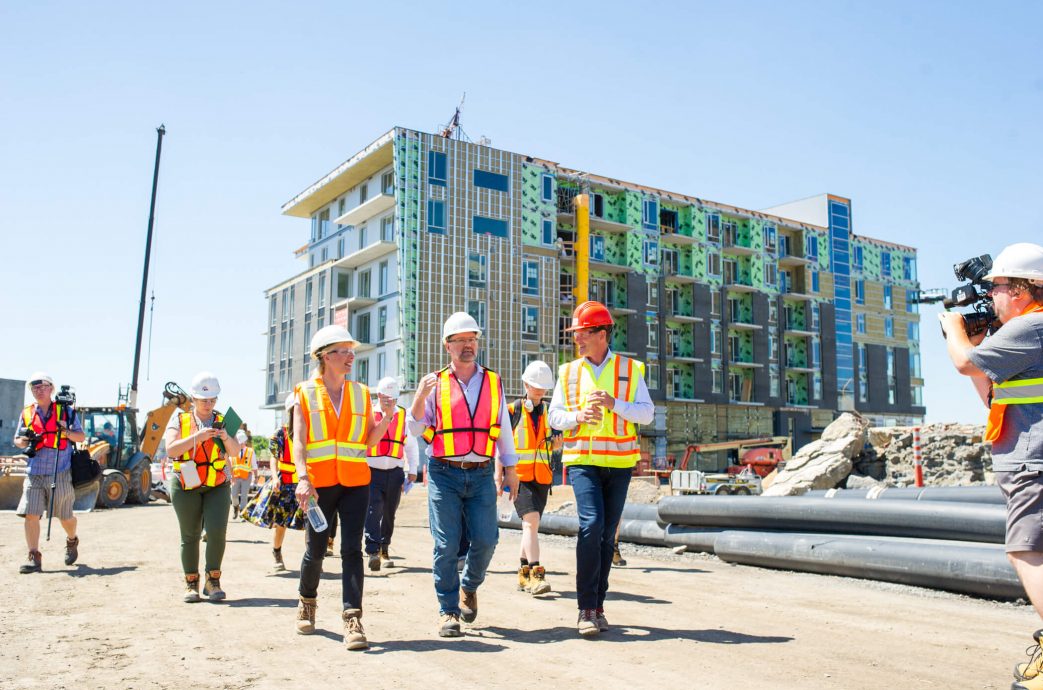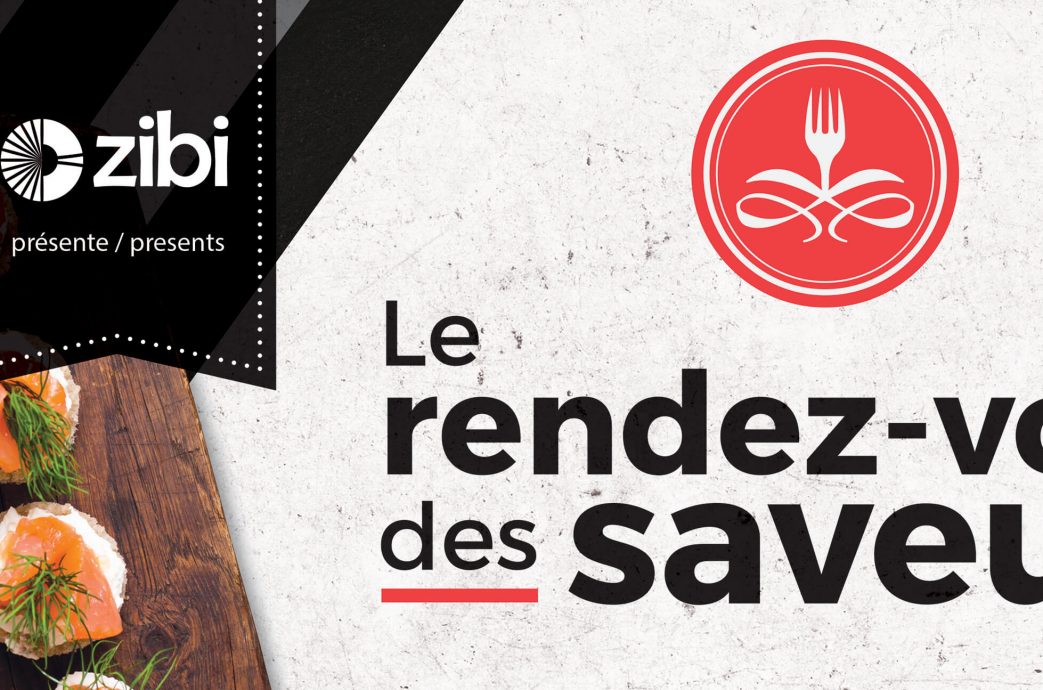By BRENDA ODJICK, THE LOW DOWN – Published on: October 7th, 2015
At an event at Ottawa City Hall a few weeks ago, National Chief Perry Bellegarde of the Assembly of First Nations gave an important speech outlining his vision of reconciliation for our people. One of his main points was that it is essential, going forward, that the gap between First Nations and non First-Nations in Canada be bridged.
He explained that in recent years, Canada has ranked between sixth and eighth on the global UN Human Development Index. If the same criteria were applied to the First Nations in Canada, we’d fall in the rankings somewhere between 63rd and 78th.
Chief Bellegarde also stressed that the way forward in bridging the gap was through the nurturing of a new relationship between First Nations and non-First Nations, where both cultures valued learning about each other’s ways. I was honoured to learn that he cited Zibi as a “shining example of relationship-building.”
His statement had a particular impact with me because he so quickly caught on that friendship is at the heart of Zibi, and the reason the Memengweshii Council was created. It all began when Windmill extended a hand in friendship to the members of the Council, and we accepted.
We cannot downplay the importance of friendship between our cultures: it is the key to change and the path to reconciliation. Through friendship, we will rise above our current relationship borne out of colonialism. The basis of the colonial relationship was fear and oppression, which thankfully, we are all coming to realize, is unsustainable. Just like the contaminated land at Zibi, the current relationship chokes and poisons, making it difficult for anything positive to grow out of it.
Relationships based on friendships are those that grow in time and evolve. They lead to creativity and prosperity. Just as this land, once decontaminated, will be regenerative, so will be our new relationship.
An elder once told me true friendship is priceless. It’s unconditional. We could sit at the same fire, at the same lodge, hold the same pipe, eat from the same bowl, and understand the words that are spoken to keep a friendship strong and life-lasting. It is oneness.
I believe that we are living a model of reconciliation. I believe in our people as we take a giant step beyond the footsteps of fear. We are jointly empowered to break down the societal barriers to progress, and create the news systems, structures, processes, and paths that lead to real change and prosperity – the ‘bridging of the gap’ that Chief Bellegarde speaks of. I would hope all chiefs believe in this.
It is the friendship that is the social innovation, rather than the actual end result. It is the journey, not the destination.
Brenda Odjick is a member of the Memengweshii Council and a UN Indigenous Fellow








